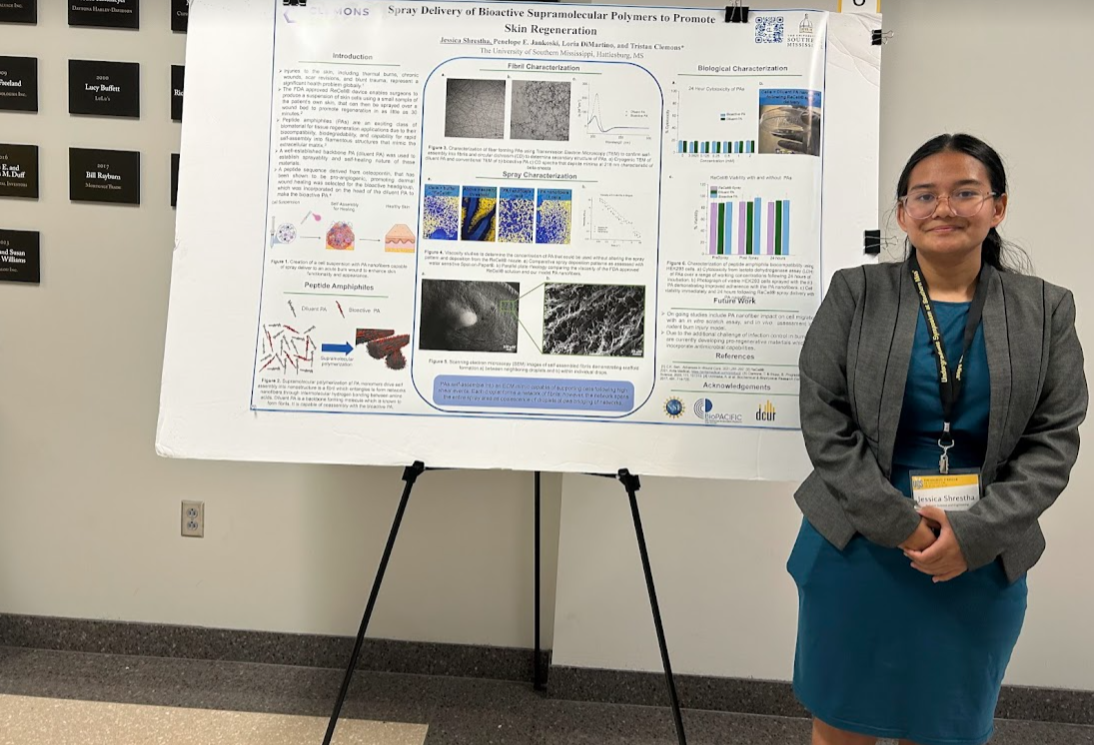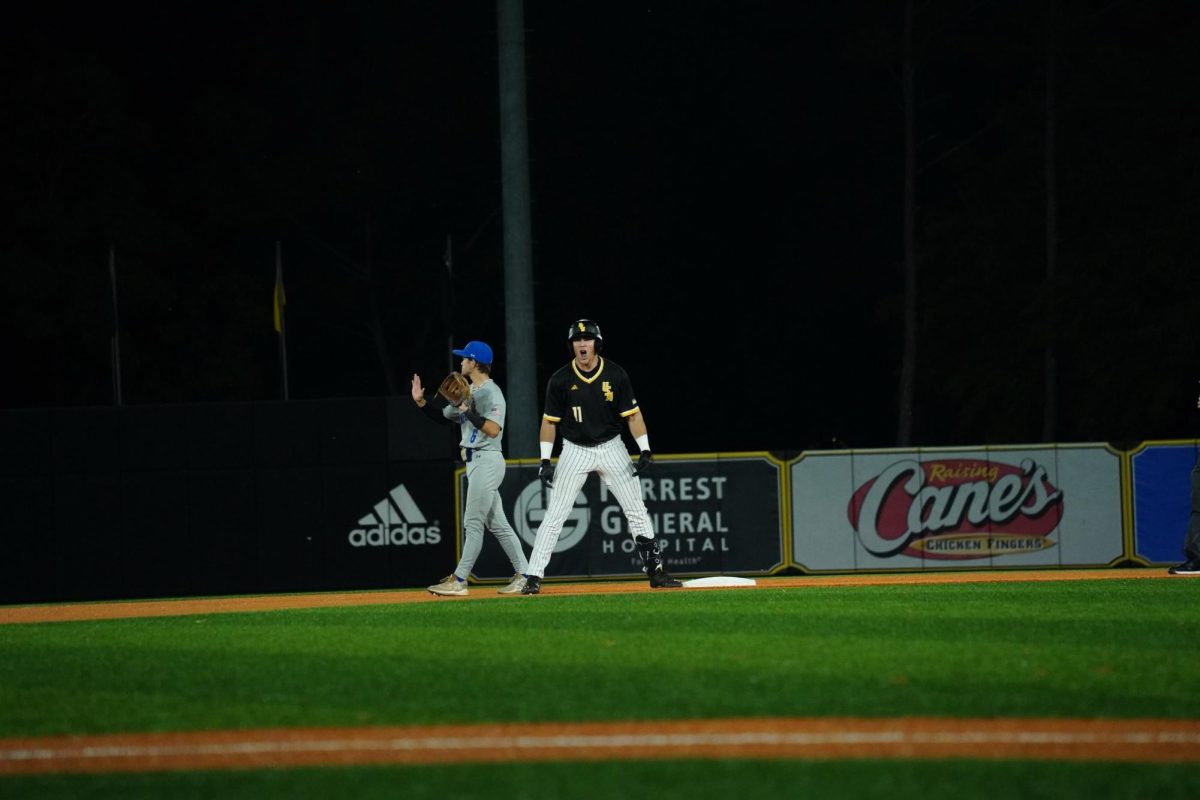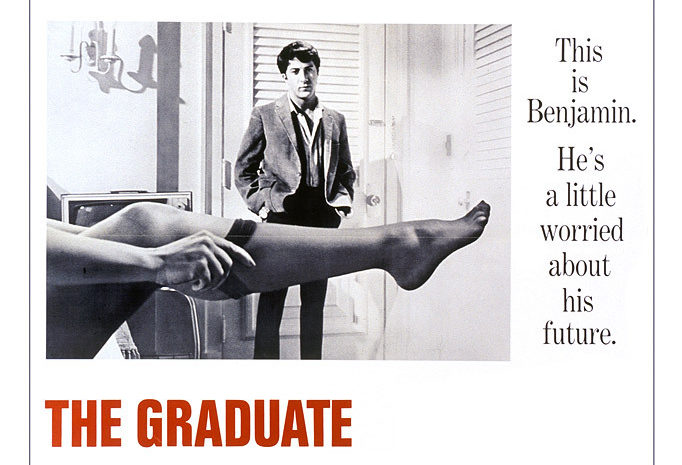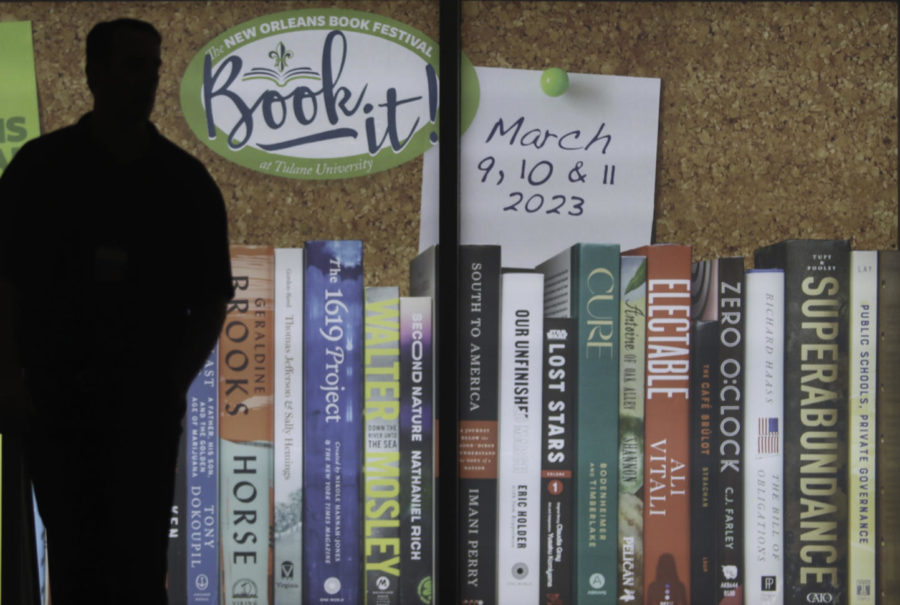When Benjamin Braddock’s father asks what he is worrying about, the young college graduate replies with a simple, all too familiar response: “I want it to be…different.”
Mike Nichols’ ‘The Graduate’, released in 1967, deals with the existential dread of graduating college and having no idea what to do with one’s life. After years of trying to get good grades and rewards in school, Benjamin suddenly finds himself lost, his future as murky as the water tank he talks to his father in front of. How are you supposed to find meaning in life when, for years, that meaning seemed so clear?
It’s a worry that’s as relevant today as it was more than 50 years ago. Four years of college, and yet Benjamin still doesn’t seem to really know anything. Oof. As someone who’s also about to graduate, that’s a very familiar feeling.
Benjamin, played by Dustin Hoffman in a star making performance, is unemployed and living back at home. Despite his success in college, being both an award-winning scholar and athlete at an elite east coast school, none of that experience transfers into job opportunities. It’s an eternal strife: when Mr. Braddock asks, “What was the point of all that hard work?”, Benjamin can only reply, “You got me.”
So, in an attempt to wrestle some meaning into his existence, Benjamin decides to do what all lost postgrads souls obviously end up doing: sleeping with his family friend’s mother, Mrs. Robinson. Anne Bancroft gives the middle-aged Mrs. Robinson an acidic maturity, contrasting with Benjamin’s anxious disorientation in a manner that’s at once hilarious and devastatingly bleak. With just the slightest shift of her eyes and lips, Bancroft exhibits the melancholy of a midlife crisis with acute honesty.
Mrs. Robinson is able to seduce Benjamin quite easily, allowing their trysts to give meaning and structure to his otherwise adrift existence. Mrs. Robinson is cool, confident and stoic, things that Braddock lacks in spades. Mrs. Robinson seems to have all the answers, or at least a plan, for Benjamin, and he believes she understands him in a way no one else can.
Yet this couldn’t be farther from the truth. If Benjamin Braddock is grasping for a lifesaver in a sea of uncertainty, Mrs. Robinson is stuck on an island going nowhere. Mrs. Robinson knows that Benjamin’s curiosity is futile, and that his youthful questions will soon fade with life’s disappointments. Both Benjamin and Mrs. Robinson can’t handle the suffocating clean cut, humdrum existence of middle-class life. They sleep together to feel alive.
But where these rendezvous are merely a means for escape for Mrs. Robinson, they become a new way of life for Benjamin. He starts to become much more confident, rebelling against his parents’s desires for grad school or getting a job. Benjamin even gets enough confidence to rebel against Mrs. Robinson, and starts meeting with her daughter, Elaine Robinson, against her wishes.
Then, in an almost unavoidable turn of events, Benjamin ends up falling in love with Elaine. Benjamin’s wants and desires soon clash with what is expected, and even ordered, of him. After months being adrift, Benjamin has finally found a sense of direction for his life. He finally has a plan and a goal, and becomes restless in his quest to follow Elaine to Berkley and marry her.
Mike Nichol’s direction becomes electrifying here. His widescreen compositions are dazzling in construction, emphasizing the endless blur of the future. Nichols uses frame and space in a starkly modern fashion throughout the movie. Yet the formal compositions are still juxtaposed with quick cuts and fragmented editing to add onto Benjamin’s frantic search for some sort of purpose.
Braddock’s mad dash to marry Elaine at the end of the film is amplified by the editing, in that it is both incredibly comical and completely urgent. Braddock is so young, a mere 21 by the end of the film. But like many others his age — this writer included — he feels as if he is running out of time to make something of his life.
‘The Graduate’ constantly questions how people live their lives, and the actions they may or may not take to change that. For many, Mrs. Robinson perfectly showcases an astute melancholy of living a life that didn’t go her way. There’s regret in her eyes, and Benjamin sees that. Maybe his actions are an attempt to get as far away from that future as possible.
What’s ironic is that, for anyone that’s seen the film or knows its ending, Benjamin and Elaine’s ultimate answer for ‘The Graduate’s’ questions might lead them back down the same path they were in before. With this, Nichols might be saying that, no matter how much we think we might know, everyone ends up a little lost in life. As someone who’s about to be in the same place Benjamin Braddock was in, to hear that it’s okay to not have an answer for what’s next might be the guidance I need to go forward.
For everyone graduating in the next week or so, I hope you embrace the unpredictability of the future. I definitely will. If ‘The Graduate’ has taught me anything, it’s that we’re all riding the bus towards uncertainty together. I can’t wait to see where we get off.






























